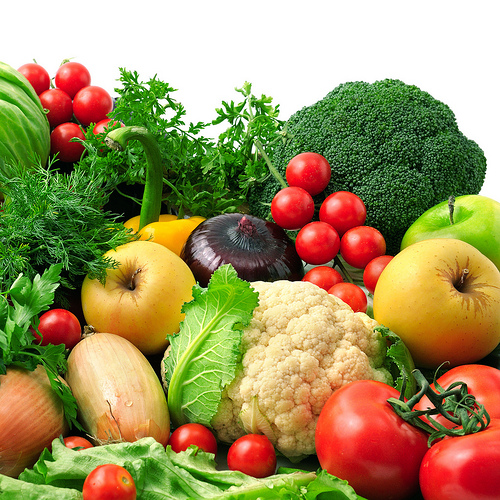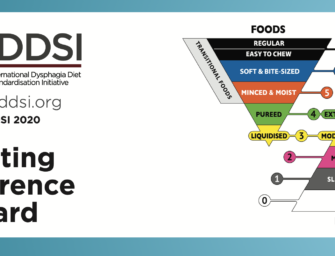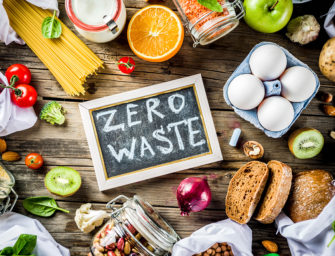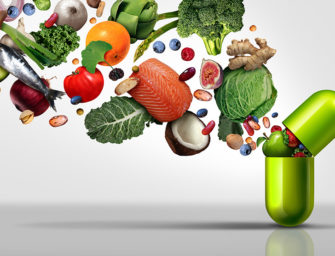Benefits and Challenges of a Vegetarian Diet
Like almost all diets out there, the vegetarian diet gets mixed reviews and it’s often difficult to keep up with all the rules and terms. The following is a review the different types of vegetarian diets as well as the benefits and challenges of following a vegetarian diet.
Being a vegetarian requires putting some restrictions on your food choices. People are willing to commit to various levels of restriction which has led to several definitions of vegetarian. The one thing that all vegetarians have in common is that they don’t consume red meat. The most restrictive version of vegetarianism is the vegan diet which allows plant foods only. The most flexible is the semi-vegetarian diet which includes chicken and fish – individuals that follow a semi-vegetarian diet are sometimes called “flexitarians”. Between these two ends of the spectrum there are many variations of the vegetarian diet and you may hear people describe their diet using the prefixes pesco-, lacto- or ovo- which mean they include fish, dairy products and eggs respectively.
A vegetarian diet offers several health benefits such as lower rates of obesity, heart disease, high blood pressure, type 2 diabetes and certain types of cancer. It is also associated with lower cholesterol and lower risk for gallstones and intestinal problems. These benefits can be related to the lower intakes of saturated fat and cholesterol and higher intakes of fruits, vegetables, whole grains, nuts, soy products, fibre and phytochemicals observed in people following a vegetarian diet.
In recent years, the promotion of the vegetarian diet by celebrities, television personalities and media sources has given it a “Health Halo”. This is a phenomenon which leads people to overestimate the overall healthfulness of a food or diet based on one attribute. In this case, the “lack of meat and/or animal products” is what is believed to make foods healthier. It is important to remember that a vegetarian diet can be unhealthful if it contains too many calories, too much saturated fat and lacks important nutrients. Keep in mind that french fries are vegetarian and we all know that too many of those aren’t good for anyone!
One of the greatest challenges for vegetarians is getting enough protein, especially those with more restrictive diets. Protein is essential in building and keeping our muscles and red blood cells healthy as well as supporting growth during all life stages. Proteins are made up of amino acids, which can be categorized as essential or non-essential. Essential amino acids must be consumed through our diet whereas non-essential amino acids can be synthesized by our bodies. Complete proteins contain all the essential amino acids and unfortunately, soy is the only vegan protein source that is complete. Vegan sources of protein that are not complete include texturized vegetable protein, grains, nuts, seeds, dried beans, peas and lentils – consumption of several of these protein sources over the course of a day will ensure you are getting all the essential amino acids.
Meal planning is extremely important for vegetarians as it can be challenging to get the nutrition they need through diet alone. In addition to low protein intake, vegetarians are at risk of several micronutrient deficiencies such as iron, vitamin B12, calcium, vitamin D, linolenic acid (omega 3 fats) and zinc. Attached you will find a chart summarizing the function and food sources of these nutrients.
A vegetarian diet can be appropriate for all ages, though special considerations and extra planning may be necessary for some populations. Infants, children and adolescents require adequate amounts of all nutrients to ensure normal growth and development. Pregnant and breastfeeding women have increased nutrient needs and should consult with their doctor or dietitian to ensure they are meeting their own needs and the needs of their growing fetus or baby and often require supplementation. People over the age of 50 have increased needs for calcium, vitamin D and vitamin B12 and would likely benefit from a daily multivitamin-mineral supplement.
Whether you decide to follow a vegetarian diet for health, environmental or compassionate reasons, it is important to understand that it can be a challenge to meet nutritional needs. Attached you will find the Vegetarian Food Guide Pyramid and Rainbow, both of which will assist you in determining your daily needs if you are already or choose to go vegetarian. Even if you are not vegetarian, incorporating some aspects of this diet may provide some health benefits. The following resources provide recipes, meal plans and additional information on the vegetarian diet:
Vegetarian Resource Centre: http://vrg.org
Toronto Vegetarian Association: http://veg.ca/
Vegetarian Society: https://www.vegsoc.org/











